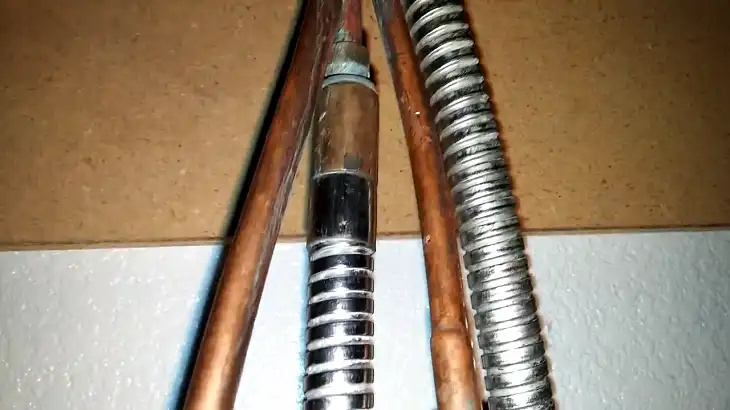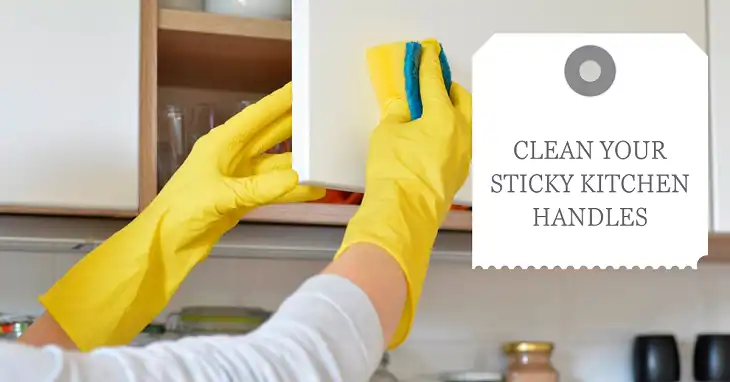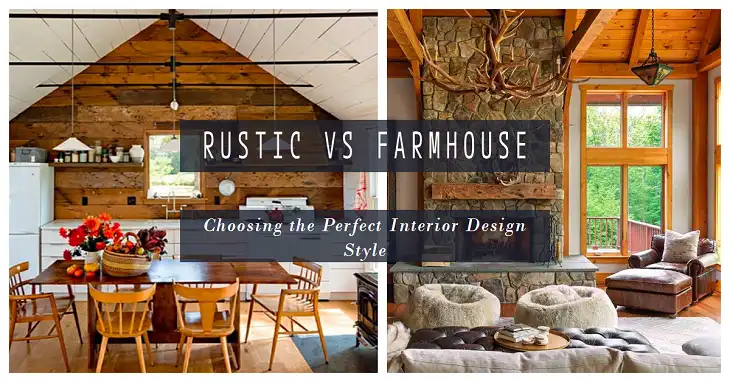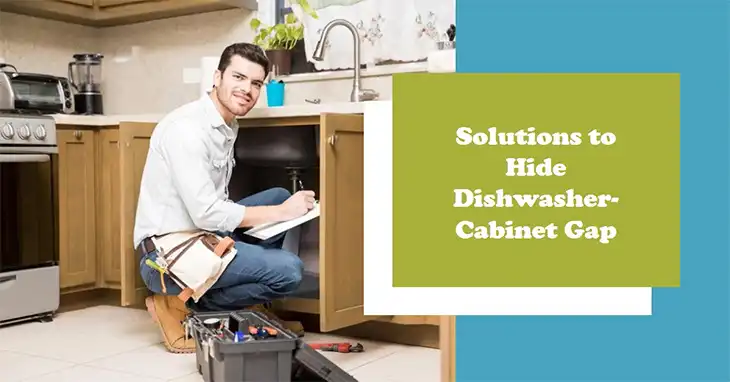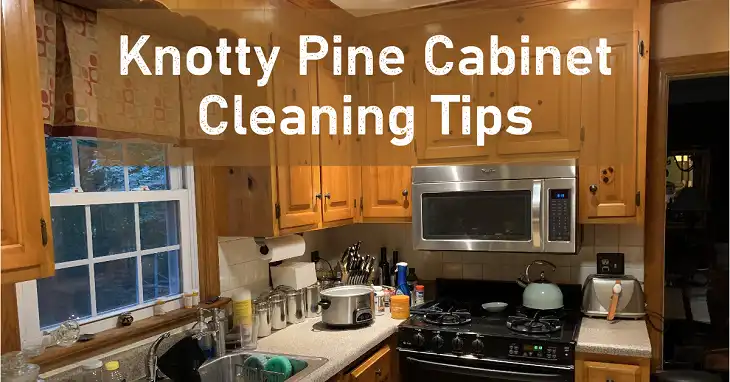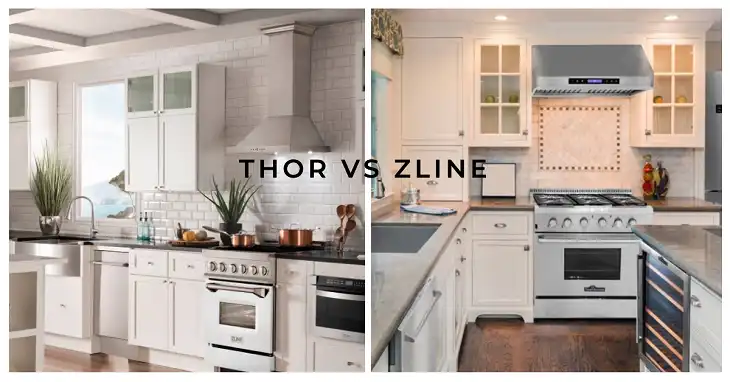How to Remove Rust from BBQ Exterior?
Removing rust from your BBQ exterior is essential to maintain its look, functionality, and longevity. If left untreated, rust can eat away at the metal, making it unsafe and reducing its lifespan. Fortunately, removing rust is a straightforward process that can be done with household items like vinegar, baking soda, and even a bit of elbow grease. With the right approach, you can restore your BBQ to its original shine and protect it from further corrosion. In this guide, we’ll cover effective rust removal methods, tools, and some pro tips for keeping your BBQ rust-free in the future.
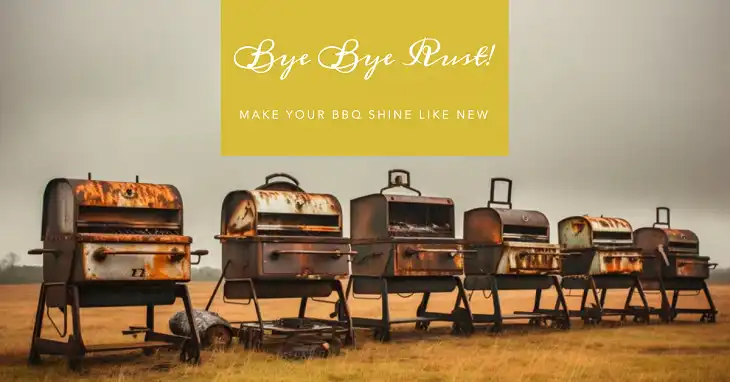
Why BBQs Rust and How to Prevent It
Before diving into the removal process, it’s essential to know why BBQs rust. Grills are usually made of steel or cast iron, which are prone to rusting when exposed to moisture, humidity, or left uncovered. Rain, condensation, and even salty air can accelerate rust formation.
- Prevention Tip: Always keep your BBQ covered when not in use and store it in a dry place. Consider using a weatherproof grill cover that offers UV protection to prevent fading and moisture accumulation.
Materials You’ll Need for Rust Removal
- White Vinegar
- Baking Soda
- Steel Wool or Wire Brush
- Aluminum Foil
- Dish Soap
- Microfiber Cloths
- Rust Remover Gel (optional for stubborn rust)
- Protective Gloves
Each of these items plays a crucial role in eliminating rust without damaging the BBQ’s surface. Now, let’s explore some tried-and-true methods to tackle the rust on your BBQ’s exterior.
Method 1: Vinegar and Baking Soda Paste
Vinegar is mildly acidic, which makes it an excellent option for dissolving rust. When combined with baking soda, it forms a powerful paste that’s perfect for cleaning BBQ surfaces.
- Step-by-Step Process: Mix equal parts of white vinegar and baking soda in a bowl until you achieve a paste-like consistency. Apply the mixture generously over the rusted areas using a microfiber cloth. Let it sit for 20-30 minutes to penetrate the rust.
After the waiting period, scrub the rust gently with steel wool or a wire brush in a circular motion. This will help lift the rust particles without scratching the metal surface. Rinse thoroughly with water and dry the area completely with a soft cloth.
- Pro Tip: For heavily rusted spots, let the paste sit for an hour before scrubbing. Reapply if necessary and repeat the process until the rust is gone.
Method 2: Aluminum Foil and Water
Aluminum foil is a surprisingly effective tool for removing rust. When crumpled into a ball and dipped in water, it creates a mild abrasion that polishes the surface and lifts rust particles.
- How It Works: Take a sheet of aluminum foil and crumple it into a loose ball. Dip it in water or vinegar and gently rub over the rusted areas. The friction created by the foil will break up the rust without scratching the metal.
This method is ideal for light to moderate rust and works well on stainless steel or chrome surfaces. Once the rust is gone, wipe the area with a clean cloth and apply a thin layer of vegetable oil to prevent future rusting.
- Pro Tip: Use this method regularly as part of your BBQ maintenance routine to keep it looking shiny and rust-free.
Method 3: Commercial Rust Removers
For BBQs with extensive rust damage, a commercial rust remover might be necessary. These products are specifically formulated to dissolve rust without damaging the metal.
- Application Tips: Apply the rust remover as directed on the packaging, typically using a brush or cloth. Let it sit for the recommended time (usually 5-10 minutes), then scrub off the rust with a wire brush. Rinse thoroughly with water to ensure no residue is left behind.
Always wear protective gloves when handling these chemicals and work in a well-ventilated area. These removers can be harsh, so avoid using them on painted surfaces unless they are specifically designed to be safe for such applications.
Sealing and Protecting the BBQ Exterior
Once the rust is removed, protecting your BBQ from future corrosion is the next critical step. Consider applying a high-temperature paint or rust-preventative spray to seal the metal. These coatings form a protective barrier that prevents moisture from coming into contact with the surface.
- How to Apply: Clean the BBQ thoroughly and ensure it’s dry. Spray the rust-preventative coating evenly across the exterior, paying particular attention to areas that are prone to rust, such as joints and seams. Let it dry completely before using or covering the BBQ.
- Pro Tip: Regularly inspect your BBQ for early signs of rust, especially after rainy seasons or humid weather. Early intervention can prevent minor rust spots from spreading.
FAQs
What causes rust on a BBQ exterior?
Rust forms when the iron in metal reacts with oxygen and moisture, creating iron oxide. Leaving your BBQ exposed to rain, humidity, or salty air can accelerate this process.
Can I use WD-40 to remove rust from my BBQ?
Yes, WD-40 can be used to loosen surface rust, but it’s not as effective as dedicated rust removers or vinegar for deeper corrosion. It works best as a preventative measure after cleaning.
Is it safe to use a BBQ after removing rust?
Absolutely! Just make sure to clean off any rust remover residue, rinse thoroughly, and apply a protective coating to prevent rust from reappearing.
How often should I check for rust on my BBQ?
Ideally, inspect your BBQ every few months, especially if it’s stored outdoors. Regular maintenance helps catch rust spots early and keeps your grill in good shape.
What’s the best way to prevent rust from coming back?
Keep your BBQ covered, clean it after every use, and apply a protective coating like high-temperature paint or vegetable oil to create a moisture barrier.
Additional Tips for Keeping Your BBQ Rust-Free
- Use a BBQ Cover: Invest in a high-quality cover that’s weatherproof and UV-resistant. Covers with vents help reduce moisture buildup inside.
- Season the Exterior: Similar to seasoning a cast-iron skillet, rub a light coat of cooking oil on the BBQ’s exterior after cleaning. This layer will help repel water and prevent rust formation.
- Store Indoors During Off-Season: If possible, move your BBQ to a garage or shed during winter months to shield it from harsh weather conditions.
By using these methods and taking preventative measures, you can ensure that your BBQ remains in great condition for years to come. Regular maintenance, along with early intervention, will not only keep rust at bay but also make your grilling experience more enjoyable.

